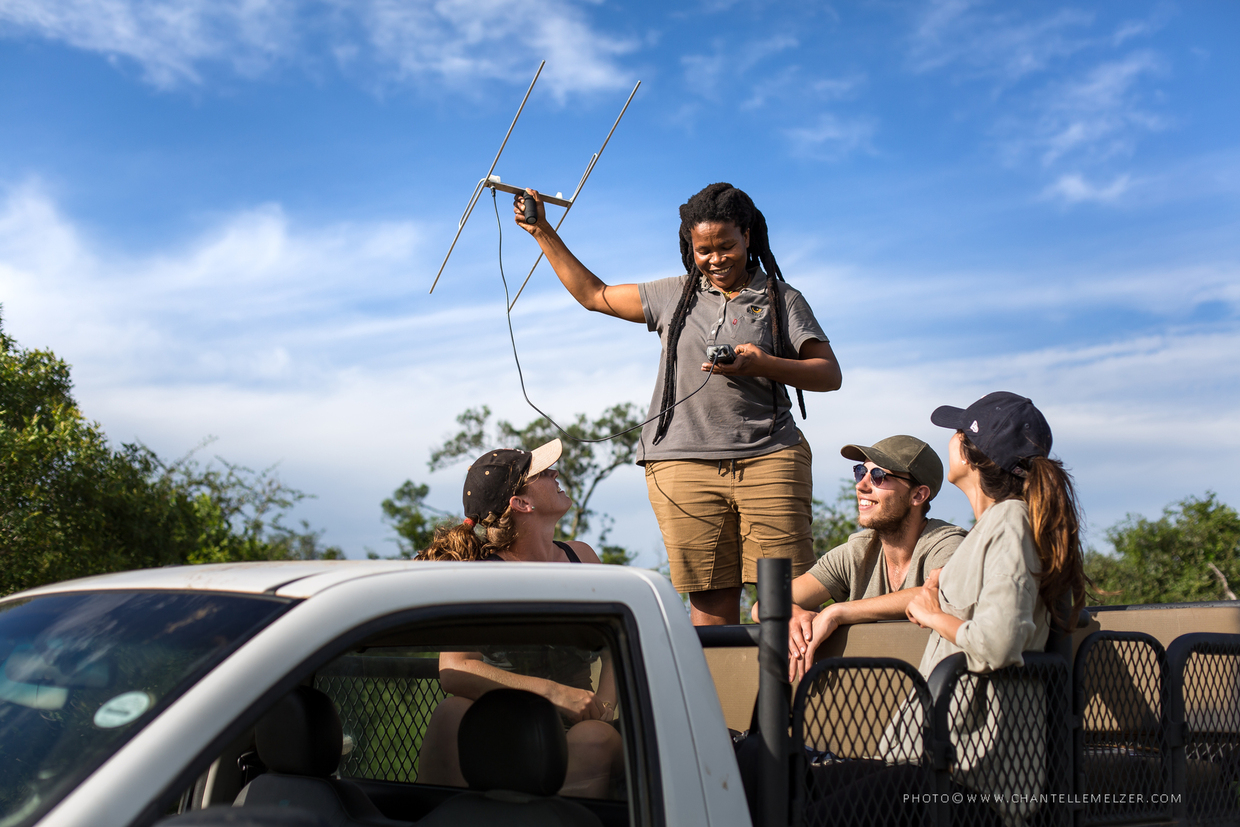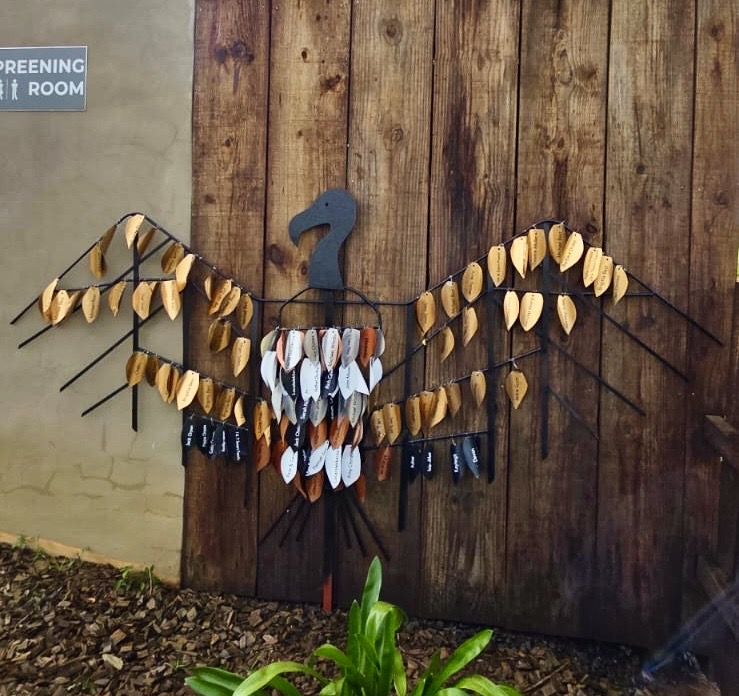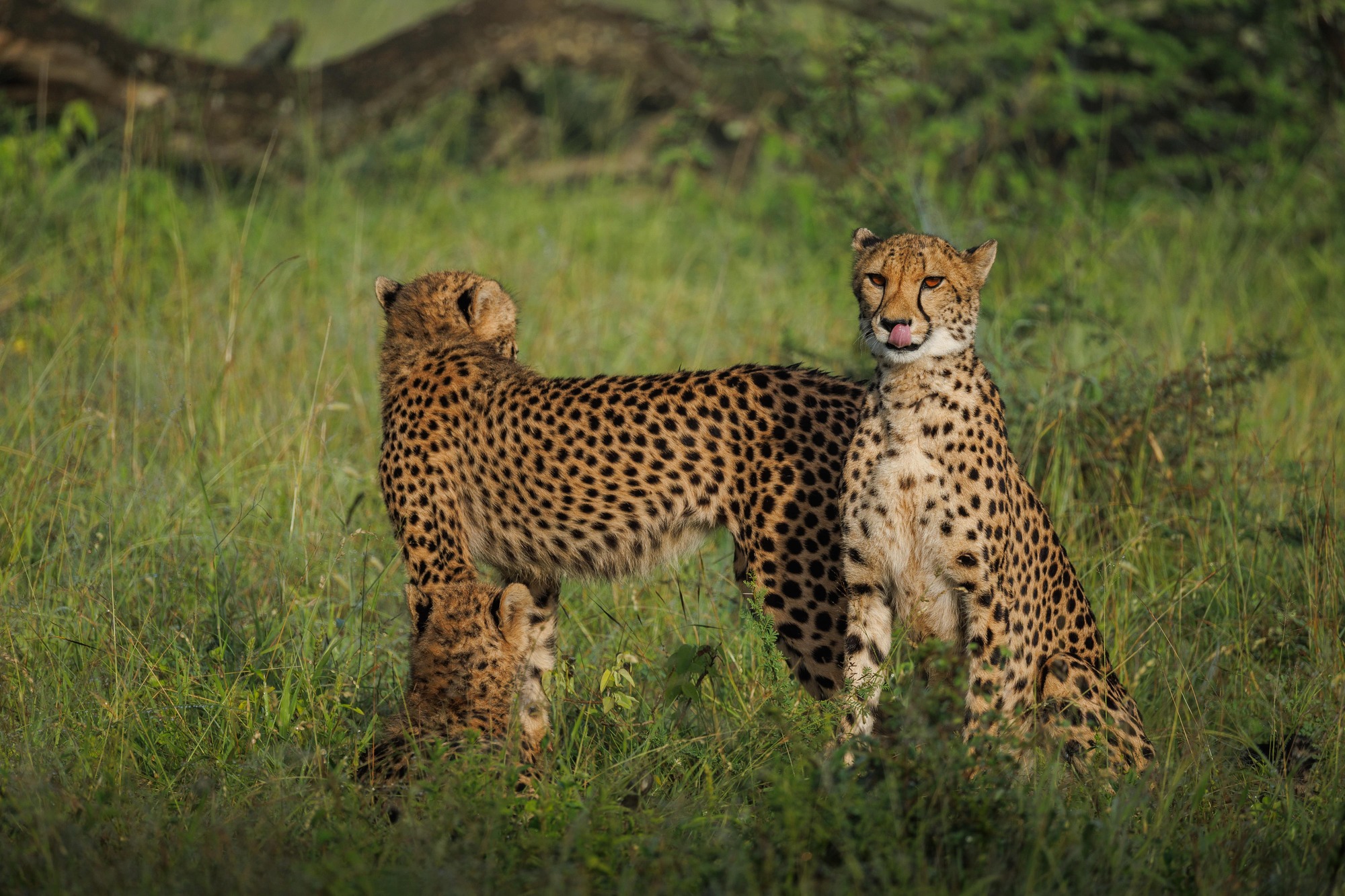On the 22nd of May 2021, Wildlife ACT celebrated International Biodiversity Day by participating in the #TeamEurope4SouthAfrica event to celebrate the occasion. This important day happened near the halfway mark of the Wildlife ACT’s implementation of the IUCN Save our Species project on Hluhluwe-iMfolozi Park.

The Rapid Action grant, awarded to Wildlife ACT in 2020, has provided support to our two threatened and Endangered species monitoring projects based in Hluhluwe-iMfolozi Park. In addition to the vital species work undertaken by the monitoring teams, Wildlife ACT, People Nature Connect (PNC) and Ezemvelo KZN Wildlife (EKZNW), have collaborated to improve human-wildlife coexistence and help people living adjacent to the Park.
The human aspect of conservation can often be a complex and delicate matter, but this project, supported by the IUCN Save our Species and co-funded by the European Union, has helped Wildlife ACT and our partners to take some valuable steps to improve communication between the Park and the surrounding communities, as well as helping to uplift local small businesses in the face of the Covid-19 pandemic.
The EKZNW Human-Wildlife Coexistence Team has been equipped with Blackview smart devices that will help them to gather information, including photographs, and collect important data in the field during human-wildlife conflict scenarios. These devices will also be helpful in enabling the team on the ground to reference user manuals and handbooks while in the field. A livestock predation handbook has been developed as an in-field guide to help the teams as well as community members to correctly identify tracks, scat or any other evidence that they find at reported scenarios, thus improving effectiveness of response strategies.

Covid-19 has not only affected conservation funding streams, but also had a devastating effect on livelihoods of the rural communities around the Park, with substantial loss of income reported by all the businesses that the project is supporting. Many people lost their jobs during the pandemic resulting in less money circulating in these communities. Restrictions on movement and gatherings have also affected businesses, such as hiring of tents and event décor, and those reliant on tourism.

Wildlife ACT’s partner, People Nature Connect, has selected and trained 30 small businesses from areas surrounding Hluhluwe-iMfolozi Park. The businesses include spaza shops, craft, internet cafes, farmers, homestays, sewing, event décor and tent hire. Eighty percent of the business owners are women, many of whom have had no access to any form of business training and education.
Neither Zazeleni Langa nor Tholakele Ndlovu, who run sewing businesses, thought that elderly people like themselves would ever be given such opportunities. Tholakele Ndlovu has learnt "that you are never too old to learn", even though she wishes that she had the opportunity when she was younger. The programme comprises a series of workshops followed by one-on-one mentoring.
"My husband and I knew nothing about business. The training has opened our minds and given us direction", said Slindile Luthuli who runs a small spaza shop and take away at Maduma, which is next to Hluhluwe-iMfolozi Park. She was one of 30 business owners participating in a small business development programme being implemented by PNC with support from the IUCN Save Our Species grant, co-funded by the European Union.

"It is a great privilege to work with the business owners around the Hluhluwe-iMfolozi Park as they are open to learning and sharing their experiences. With the combination of group learning and one-on-one mentoring, we offer tailor-made business and personal development. Our programme offers respite and support at a time of great hardship and suffering for people in the area", says Nerosha Govender, People Nature Connect’s Training & Capacity Building Director.
This publication was produced with the financial support of the European Union through IUCN Save Our Species. Its contents are the sole responsibility of Wildlife ACT, People Nature Connect & Ezemvelo KZN Wildlife and do not necessarily reflect the views of IUCN or the European Union.







.jpg)



.jpg)

